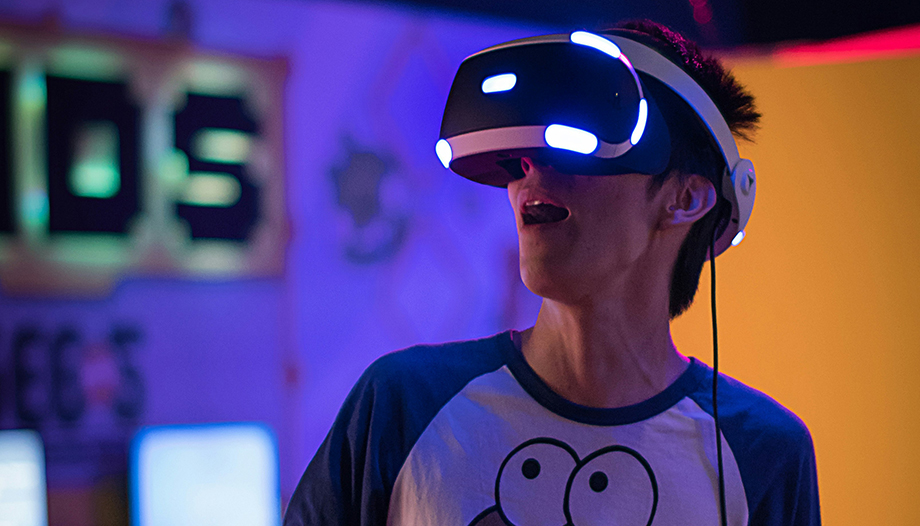Few innovations have had a more rapid implementation in Western life than Artificial Intelligence. What in 2019 were simple tests, betaToday, they are tangible applications that surprise us with their capacity and that provoke, in many cases, a certain fear in the face of the apparent infinite possibilities they offer. Man is seen as small before a machine that, like Pygmalion, seems to threaten to surpass him, to supplant him.
"We are all aware of how much artificial intelligence is increasingly present in every aspect of everyday life, both personal and social. It affects the way we understand the world and ourselves.The Pope commented to the participants in the meeting, "I would like to thank you all for your support. Rome Call organized by the foundation Renaissance on January 10, 2023. Indeed, Artificial Intelligence has burst into all areas of our lives: medicine, security, communications, teaching and evangelism, arousing fear and excitement in equal measure.
Pope Francis himself has dedicated two of his most important messages for the year 2024 to this reality: the Message for the 57th World Day of Peace, with which he inaugurated this year, and the one for the 58th World Day of Social Communications. This is an example of the importance that the pontiff attaches to Artificial Intelligence.
The Pope has on many occasions stressed the need to establish "models of ethical regulation to curb the harmful and discriminatory, socially unjust implications of artificial intelligence systems and to counteract their use in reducing pluralism, polarizing public opinion or building a single thought."
Artificial Intelligence poses two dangers, apparently opposed but basically similar in nature. On the one hand, the alarmist view of this reality and the refusal to integrate it into our lives; and, on the other, the idyllic conception that everything produced by these new tools will be positive. Neither one nor the other. It will be people's behavior and the points of human ethics that will be able to drive this intelligence in favor of the common good.
These technical, anthropological, educational, social and political challenges posed by AI form part of the reflections of experts from various fields in this issue of Omnes. Each of us faces the challenge of using our human intelligence - creative and, in a certain sense, divine - so that this vast field of progress that is opening up thanks to artificial intelligence will only make us more and more human.








